Yinghua School Journal | Issue 9, "The Observer", officially released
2025-06-20

Editor's Note
D Dear readers, as the most influential publication of the school, The Insider Insight is independently planned, written and produced by Yinghua students, from content to finished product. It aims to broaden students' personalities, develop their interests and specialties, improve students' innovation and learning ability by exploring unknown areas, and combine the colorful campus life to write excellent journals.
Dear readers, The Insider 洞察者, as the school's most influential publication, is planned, written, and produced entirely by Yinghua students, from concept to final product. Its aim is to foster students' individuality and cultivate their interests and talents. By exploring uncharted territories, it seeks to enhance students' innovation and learning abilities, while also showcasing the vibrancy of campus life through exceptional articles.
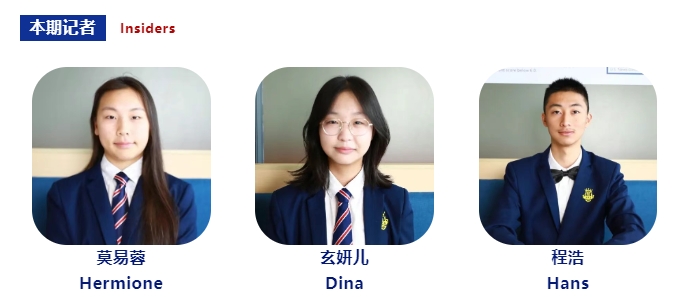

As the recorder of the campus pulse, ‘The Insider’ is always committed to uncovering the deeper values behind the stories.
In this issue, we break away from the norm and for the first time focus on the decision-making core of Zhuhai Oriental Yinghua International Academy - Headmaster Peter, Principle Mark and Director of School Operations Mandy - to ask about the school's strategic blueprint for development from the perspective of the youth.
Our Insiders use the critical thinking and narrative skills cultivated in Elon University's Emerging Journalist Programme - which we are currently studying - to address social issues through experiential learning, which coincides with the concept of interdisciplinary practice and leadership development in the Zhuhai Oriental Yinghua International Academy. In this series of interviews, senior leaders will reveal for the first time how the school puts ‘global vision’ into teaching practice; from in-depth thinking about AI to effective ways of learning a language as a non-native speaker; management interpret the belief that ‘education is more than just a classroom’, with their actions.
Follow us as we open the doors of the decision-makers' offices, listen to the logic behind the changes, and witness the breakthrough and growth of an international school.
From the editor: Sheela
As a recorder of the campus pulse, the "Insider" school newspaper is always committed to uncovering the deeper values behind the stories. In this issue, we break away from the norm and for the first time focus on the decision-making core of Zhuhai Oriental Yinghua International Academy - Headmaster Peter, Principle Mark and Director of School Operations Mandy - to ask about the school's strategic blueprint for development from the perspective of the youth.
The observers use the critical thinking and narrative skills learned from Elon University's journalism program, focusing on "experiential learning" to address social issues. In the age of information explosion, this coincides with the concept of interdisciplinary practice and leadership development in Zhuhai Yinghua International Curriculum System. In this interview, senior leaders will reveal for the first time how the school puts "global vision" into teaching practice: from in-depth thinking about AI to effective ways of learning a language as a non-native speaker, decision-makers interpret the belief that "education is more than just a classroom" with their actions.
Follow our writing, together we will open the doors of the decision-makers' offices, listen to the logic behind the changes, and witness the breakthrough and rebirth of an international school.
Editor: Xiantian
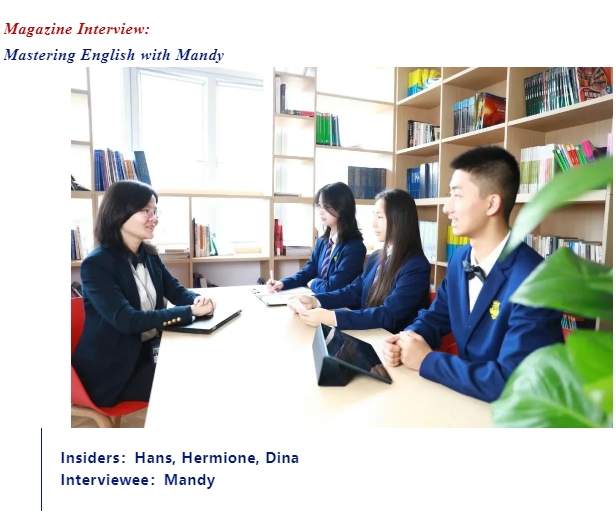
Insider: Mandy, thank you for joining us today. Could you start by sharing when and how you first began learning English?
Mandy: Thank you for having me! I first started learning English in the first year of junior high school. At that time, resources were very limited compared to today. We didn't have access to the internet or online courses, and our learning was mostly teacher-led. The biggest challenge was the lack of an immersive English-speaking environment. Most of our classes were taught in Chinese, with only a few hours of English instruction per week.
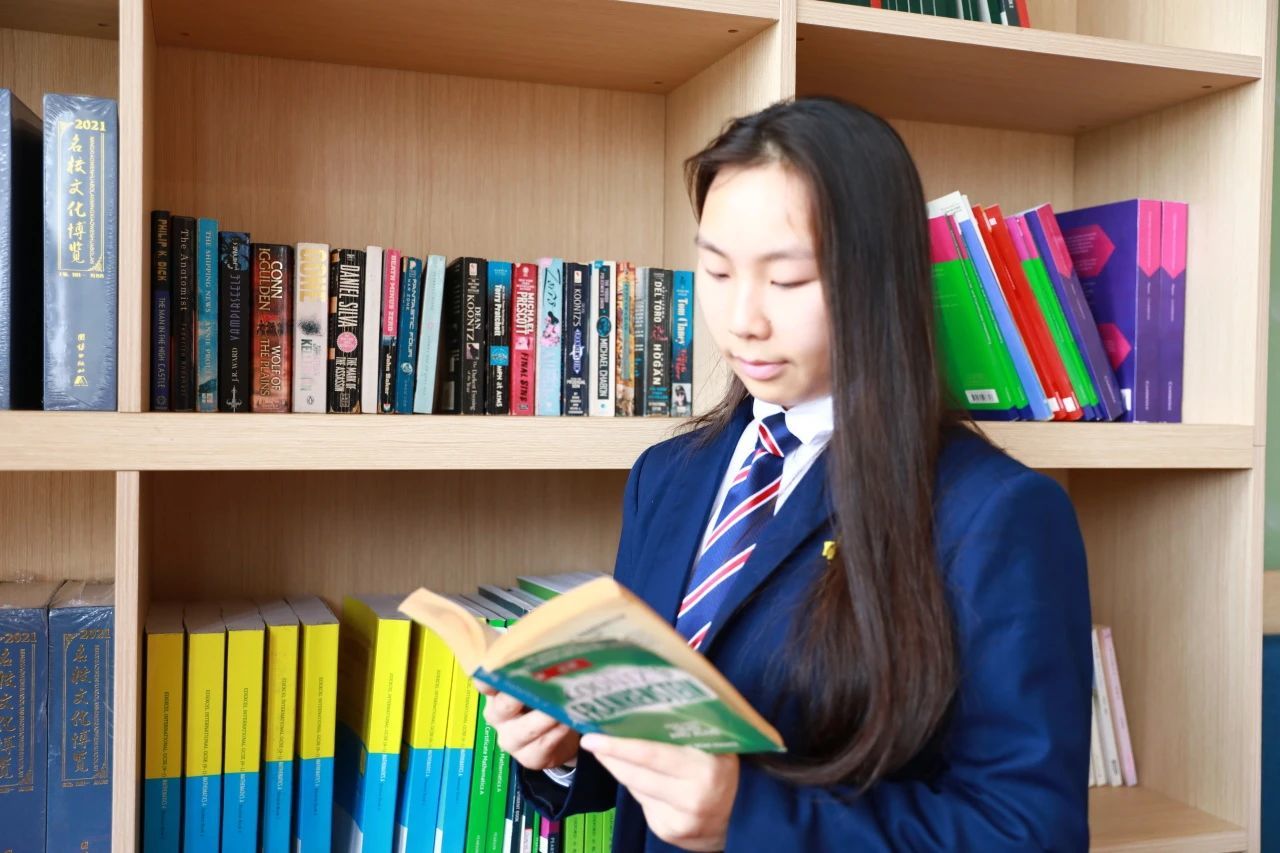
Insider: That sounds like a tough environment to learn in. How did you manage to overcome those challenges?
Mandy: Well, it sounds tough, but my heart would be filled with joy when I discovered that I could read English stories and understand some English tapes. Therefore, I took the initiative to borrow English storybooks from classmates and repeatedly listened to those few tapes. It was not until later that I realized: I had inadvertently found the key to unlocking English learning—cultivating interest, immersing in authentic language contexts, and emphasizing listening and reading.
Insider: That’s a great strategy! Moving on to your university years, how did your undergraduate studies shape your understanding of English learning?
Mandy: My undergraduate degree was in English, and it was relatively easy for me because I had clear goals: to pass the English Proficiency Tests like TEM-4 and TEM-8. These exams were a significant milestone for me, and they motivated me to study consistently. I realized early on that setting goals is essential in learning. It gives you something concrete to work towards and helps you stay focused.
Insider: And what about your graduate studies? How did they influence your approach to learning?
Mandy: For my graduate studies, I chose to pursue a Master's in Management at City University of Hong Kong. I did this after working for a few years, which gave me a better understanding of what I truly needed and what I was passionate about. I learned that experience in the real world can be just as valuable as academic knowledge. It helps you identify your strengths and weaknesses and guides you towards the right path.
Insider: That’s a valuable lesson. Do you have any specific advice for students choosing their majors?
Mandy: Absolutely. For students choosing their majors, I recommend exploring the bilingual websites of Hong Kong's top universities to research programs and departments. These websites provide detailed information about the curriculum, faculty, and career prospects. Also, take career assessments seriously—they can offer valuable insights into your interests and strengths. Lastly, prioritize your interests. If you love something, you're more likely to turn it into a strength. Passion is a powerful motivator, and it can make the learning process much more enjoyable.
Insider: Great advice! Let’s switch topics to exam preparation. Many students find the IELTS exam challenging. What are your tips for preparing effectively?
Mandy: Learning English is a long-term process, and I often think of it as an 80/20 rule: 80% of your success comes from consistent accumulation, while 20% comes from techniques. Without a strong foundation, techniques alone won't get you far. You need to immerse yourself in English daily, whether through reading English newspapers, listening to podcasts, or watching English movies.
Insider: That makes sense. How would you suggest students set their short-term goals?
Mandy: Setting specific short-term goals is very important. For example, focus on one section of the IELTS listening test or concentrate on vocabulary or grammar for a few months. Start with the basics, like learning word roots and affixes. These foundational elements will help you understand and remember new words more easily. Once you accumulate enough knowledge, you can connect the dots and develop your listening, speaking, reading, and writing skills.
Insider: What about the role of AI in English learning? Can it replace IELTS teachers?
Mandy: AI cannot replace IELTS teachers, but it can certainly complement their role. Teachers provide personalized guidance and accurate advice, which is crucial for effective learning. They can offer feedback on your pronunciation, writing style, and overall language use, which AI might not be able to do as effectively. However, AI can handle more routine queries, like explaining word roots and affixes, providing vocabulary lists, or even offering practice exercises. There are many AI-powered apps and platforms that can help you practice listening, speaking, and writing in English. They can provide instant feedback and help you identify areas for improvement.
Insider: So, AI is more of a supplementary tool rather than a replacement?
Mandy: Exactly. While AI is a valuable tool, it should be used in conjunction with traditional teaching methods and human interaction. For nuanced feedback and strategic guidance, a teacher is irreplaceable. AI is great for practice and routine questions, but a teacher can provide a strategic overview which AI can't. For example, a teacher can help you understand the cultural context behind certain expressions or guide you on how to approach different types of questions in the IELTS exam.
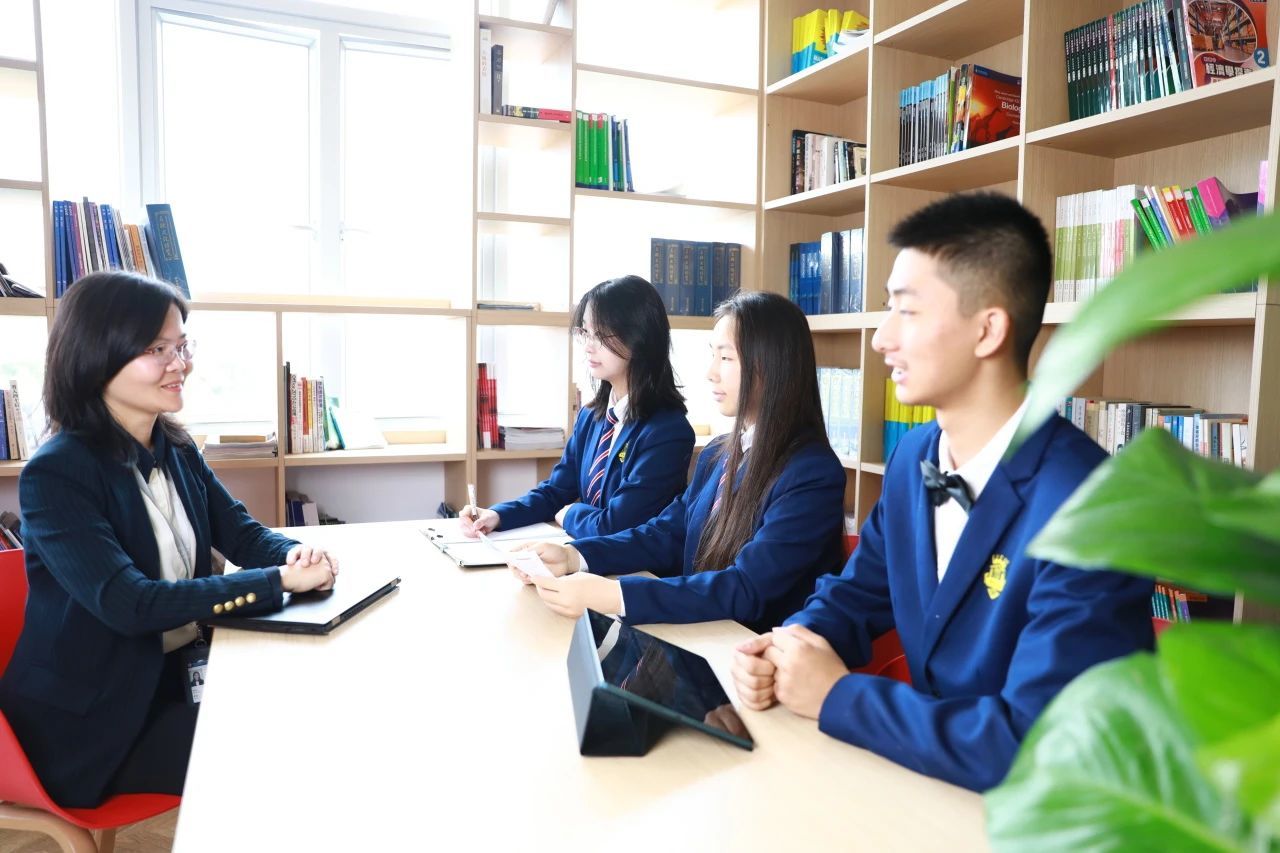
Insider: That’s a good perspective. Let’s talk about the IELTS speaking section. Many students are now struggling with answering questions comprehensively. How can they improve?
Mandy: Consistent practice is key. One effective strategy is to create your own mind maps for common IELTS topics. Break them down into smaller parts, such as different aspects of a topic or common question types. For example, if the topic is "Technology," you can create sections for advantages, disadvantages, future trends, and personal experiences.
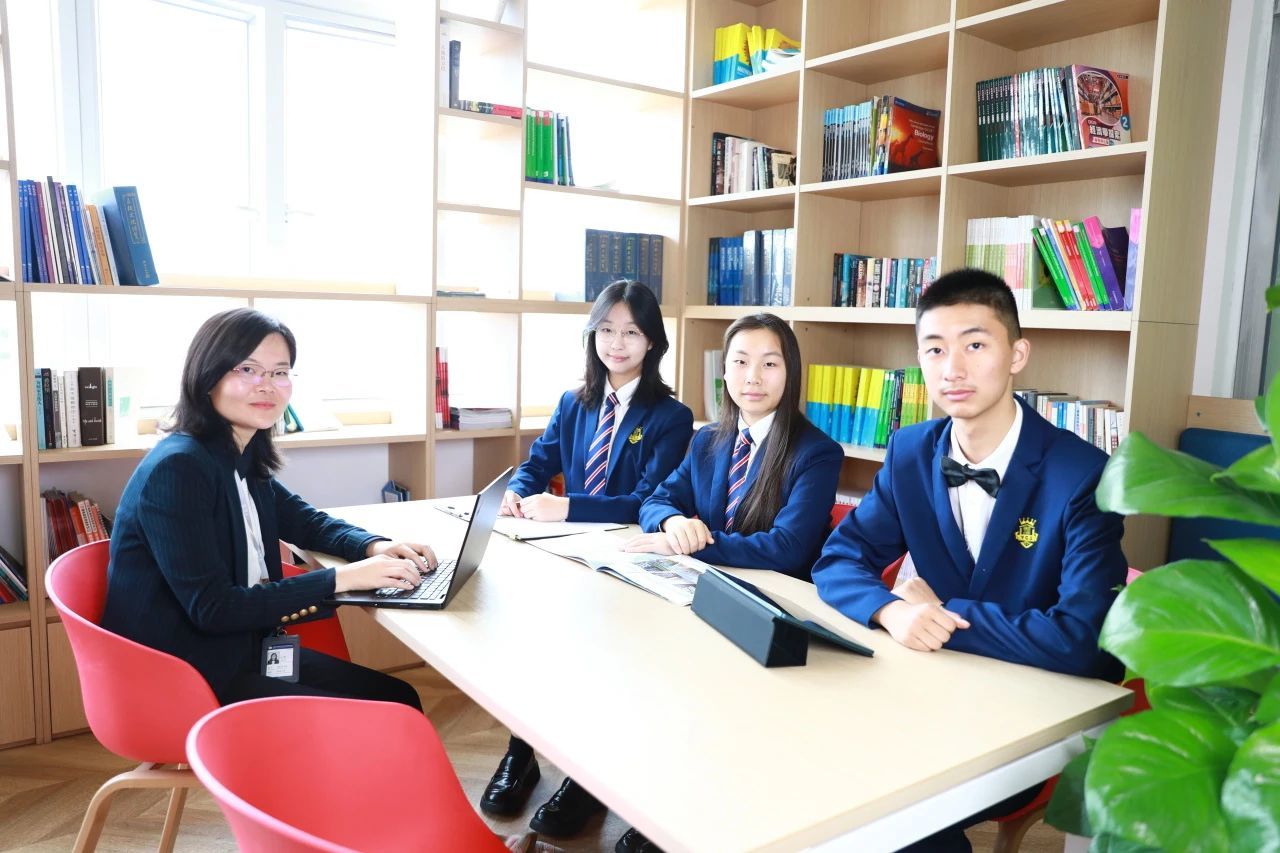
Insider: That’s a great idea. Any other tips for the speaking section?
Mandy: During the exam, take the lead and steer the conversation towards areas you're confident about. This way, you can showcase your strengths and score higher. Also, try to use a variety of vocabulary and sentence structures to demonstrate your language proficiency. Another great tip is to record yourself speaking English and then listen back to identify issues with grammar, pronunciation, or vocabulary. This self-assessment can help you understand your weaknesses and work on them.
Insider: Excellent advice! Finally, let’s talk about reading versus watching movies. Which do you think is more effective for English learning?
Mandy: While both activities are beneficial, reading is definitely more effective for building a strong foundation. When watching movies, most people focus 70% on body language and emotions, and only 30% on the dialogue. To improve your listening skills, try covering the screen and focusing solely on the audio. This forces you to rely on your listening skills rather than visual cues.
Insider: And what about reading?
Mandy: Reading helps you understand the structure and flow of the language, which is crucial for writing and speaking. I highly recommend that students read English novels. I also strongly suggest reading novels written in English by Chinese authors, as we share a similar cultural background, making them more relatable and engaging for learners. For instance, consider "Moment in Peking" (京华烟云) by Lin Yutang. This book offers a rich cultural context and employs a wide range of vocabulary and expressions.
Insider: Any other reading tips?
Mandy: Additionally, summarizing key points and engaging in extensive reading can help you develop a deeper understanding and faster comprehension skills. For example, you can read articles from English newspapers or magazines. These sources provide diverse topics and high-quality writing, which can expand your vocabulary and improve your reading speed.
Insider: Thank you so much for sharing your insights, Mandy! Your advice is incredibly valuable for anyone looking to improve their English skills.
Mandy: You're welcome! I'm glad I could share my experiences and tips. Good luck to all the learners out there!
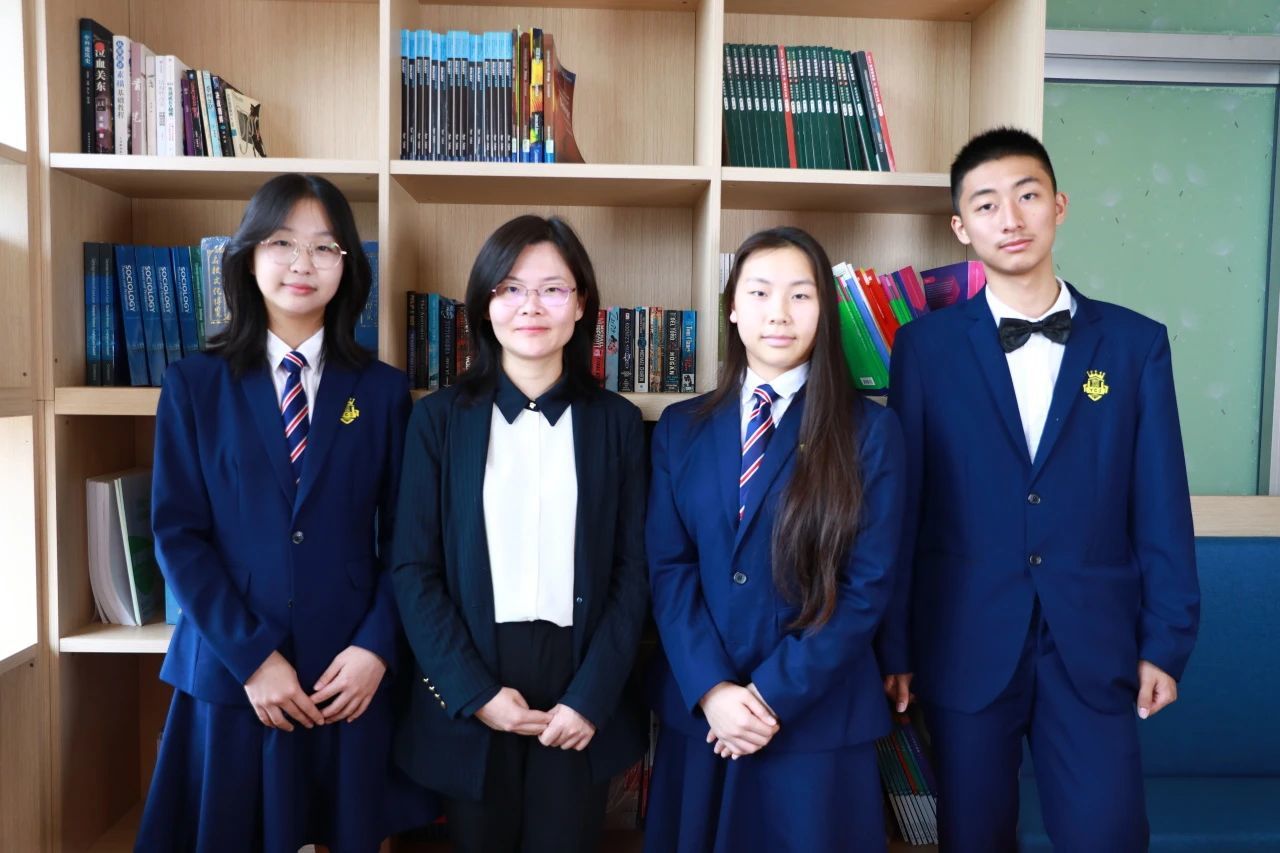
Insider: Mandy, thank you for accepting our interview today. Could you first share with us how you initially started learning English?
Mandy: I initially started learning English in the first year of junior high school. At that time, learning resources were very limited, a huge difference compared to now. We didn't have the internet or online courses, and learning mainly relied on the teacher's teaching. The biggest challenge was the lack of an immersive English language environment. Most of our courses were taught in Chinese, with only a few hours of English classes per week.
Insider: It must have been very difficult to learn in that environment. How did you overcome these difficulties?
Mandy: Although the learning environment was difficult at that time, when I found that I could understand English stories and some English tapes, I would feel full of joy. So I would actively borrow English short story books from my classmates and repeatedly listen to those few tapes. Only later did I realize that I had inadvertently found the key to opening up English learning—having interest, integrating into a real-life context, and focusing on listening and reading.
Insider: Let's talk about your university days. How did your undergraduate experience shape your understanding of English learning?
Mandy: My undergraduate studies were in English at a university in China. It was relatively easy for me because I had a clear goal: to pass the English Level Four and Level Six exams. These exams were important milestones for me and motivated me to continue learning. I realized early on that setting goals is crucial for learning. It gives you a clear direction and helps you stay focused.
Insider: And what about your postgraduate studies? How did it affect your views on learning?
Mandy: I did my postgraduate studies in a management-related major at City University of Hong Kong. I went to graduate school after working for a while, and this work experience made me clearer about what I really needed and what my passion was. What I learned is that real-world experience is as important as academic knowledge. It can help you discover your strengths and weaknesses and guide you on the right path.
Insider: Do you have any specific advice for students choosing a major?
Mandy: For students choosing a major, I suggest they check the bilingual websites of the eight major universities in Hong Kong and research the curriculum, faculty, and career prospects of different majors. These websites will provide very detailed information. At the same time, take the results of career assessments seriously—it can help you understand your interests and strengths. Finally, prioritize your interests. If you are passionate about something, you are more likely to turn it into your strength. Passion gives us strong motivation and can make the learning process more enjoyable.
Insider: Let's change the topic and talk about exam preparation. Many students find the IELTS exam very challenging. Do you have any effective exam preparation suggestions?
Mandy: Learning English is a long-term process. 80% of success comes from continuous accumulation, and 20% comes from skills. Without a solid foundation, you can't go far with skills alone. You need to immerse yourself in the English environment every day, whether it's reading English newspapers, listening to podcasts, or watching English movies.
Insider: Then how do you think students should set short-term goals?
Mandy: Setting specific short-term goals is very important. For example, you can focus on a specific part of the IELTS listening section, or concentrate on vocabulary or grammar over a few months. Start by familiarizing yourself with the basics, such as learning prefixes and suffixes. These fundamentals can help you understand and memorize new words more easily. Once you have accumulated enough knowledge, you can connect them and develop your listening, speaking, reading, and writing skills.
Insider: What about the role of artificial intelligence in English learning? Can it replace IELTS teachers?
Mandy: Artificial intelligence cannot replace IELTS teachers, but it can effectively supplement what teachers lack. Teachers can provide personalized guidance and accurate advice, which is crucial for effective learning. They can provide feedback on your pronunciation, writing style, and overall language use, which AI may not be able to do. However, AI can handle some routine tasks, such as explaining prefixes and suffixes, providing vocabulary lists, and even providing practice exercises. Many AI-powered applications and platforms can help you practice your English listening, speaking, and writing skills. They can provide immediate feedback, helping you identify areas for improvement.
Insider: So, AI is more of a supplementary tool than a replacement?
Mandy: That's right. While AI is a valuable tool, it should be combined with traditional teaching methods and interpersonal interaction. Teachers are irreplaceable for nuanced feedback and strategic guidance. AI excels at practice and routine tasks, but teachers can provide macro-level guidance that AI cannot match. For example, a teacher can help you understand the cultural context behind certain expressions, or guide you on how to approach different types of questions in the IELTS exam.
Insider: That's a dialectical view. Let's talk about the IELTS speaking section. Many students are not comprehensive enough in their answers. How can they improve?
Mandy: Consistent practice is key. An effective strategy is to create mind maps for common IELTS topics. Break them down into smaller parts, such as different aspects of the topic or common question types. For example, if the topic is "technology," you can create sections on advantages, disadvantages, future trends, and personal experiences.
Insider: Any other suggestions for the speaking section?
Mandy: In the exam, proactively guide the conversation towards areas you are comfortable with. This allows you to showcase your strengths and achieve a higher score. At the same time, try using diverse vocabulary and sentence structures to demonstrate your language skills. Another good suggestion is to record yourself speaking English using a recording device, then play it back to identify problems with grammar, pronunciation, or vocabulary. This self-assessment can help you understand your weaknesses and improve them.
Insider: Regarding reading and watching movies. Which do you think is more effective for English learning?
Mandy: While both are beneficial, reading is more helpful for building a solid foundation. When watching movies, most people focus 70% on body language and emotions, and only 30% on the dialogue. To improve listening skills, you can try covering the screen and focusing only on the audio. This will force you to rely on your hearing, not visual cues.
Insider: What about reading? What specific methods can be used?
Mandy: Reading allows you to see the structure and flow of language, which is crucial for writing and speaking. Therefore, I strongly recommend that students try reading English novels. In addition, I recommend that students try reading novels written in English by Chinese authors, because we share the same cultural background, and it is easier to resonate emotionally and more interesting. For example, you might read Lin Yutang's "Moment in Peking." This book showcases a rich cultural background and uses a lot of interesting English vocabulary to express the thoughts of Chinese people.
Insider: Any other reading suggestions?
Mandy: In addition, summarizing key points and extensive reading can help you understand the content more deeply and improve your reading speed. For example, you can read various English newspapers or magazines. These resources cover a variety of topics, provide high-quality writing, and can expand your vocabulary and improve your reading speed.
Insider: Thank you very much for sharing these insights, Mandy! Your advice is very valuable to anyone who wants to improve their English.
Mandy: You're welcome! I'm glad to share my experience and advice. Good luck to all learners! Remember, perseverance and passion are the keys to success.

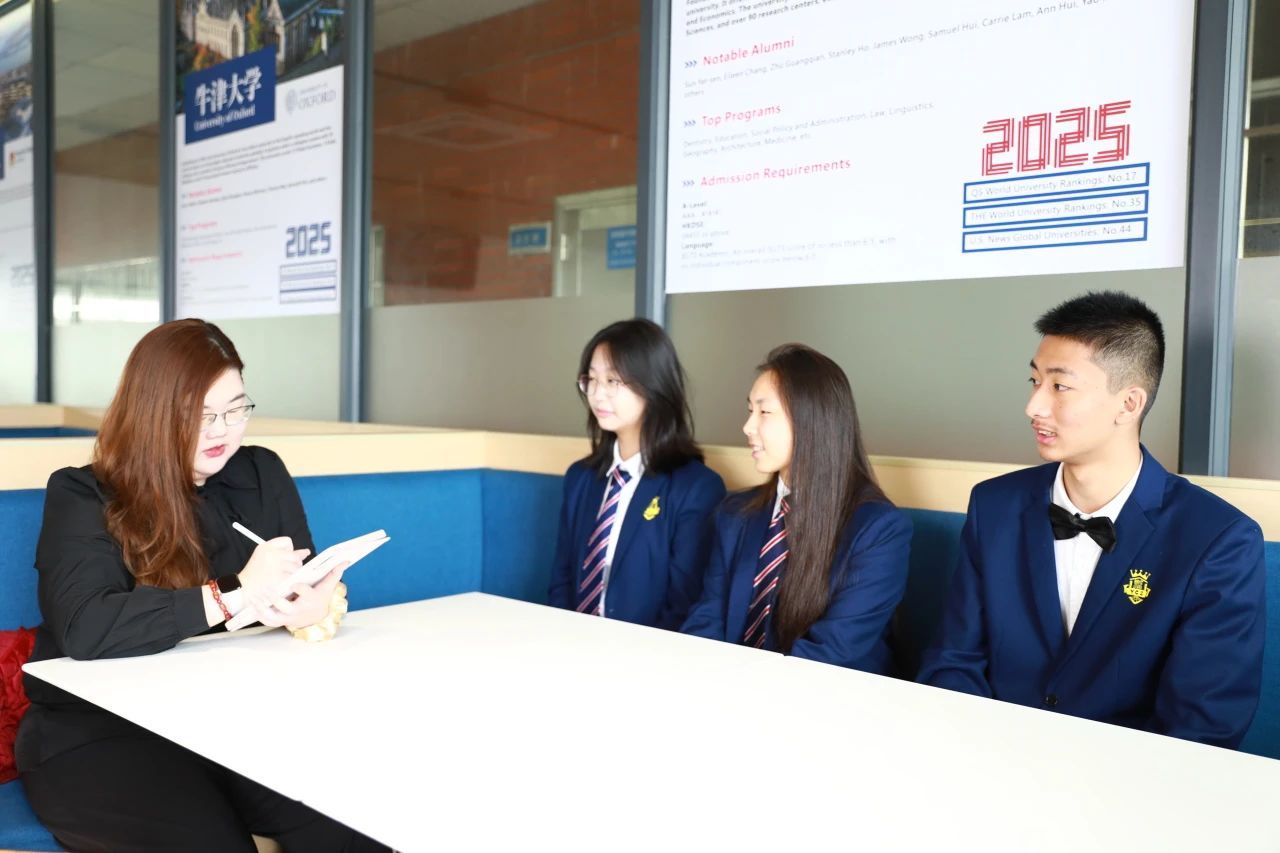
Q: What did you expect before you interviewed Mandy?
A1: At first, we had no idea what to ask. We didn't even know who Mandy was at first. However, Tim gave us a chance to get to know Mandy. We learned that she is very good at IELTS, especially in reading, and has a very unique personal experience of choosing a major, which is something that concerns us nowadays. So we thought, why don’t we gather and ask questions in these areas.
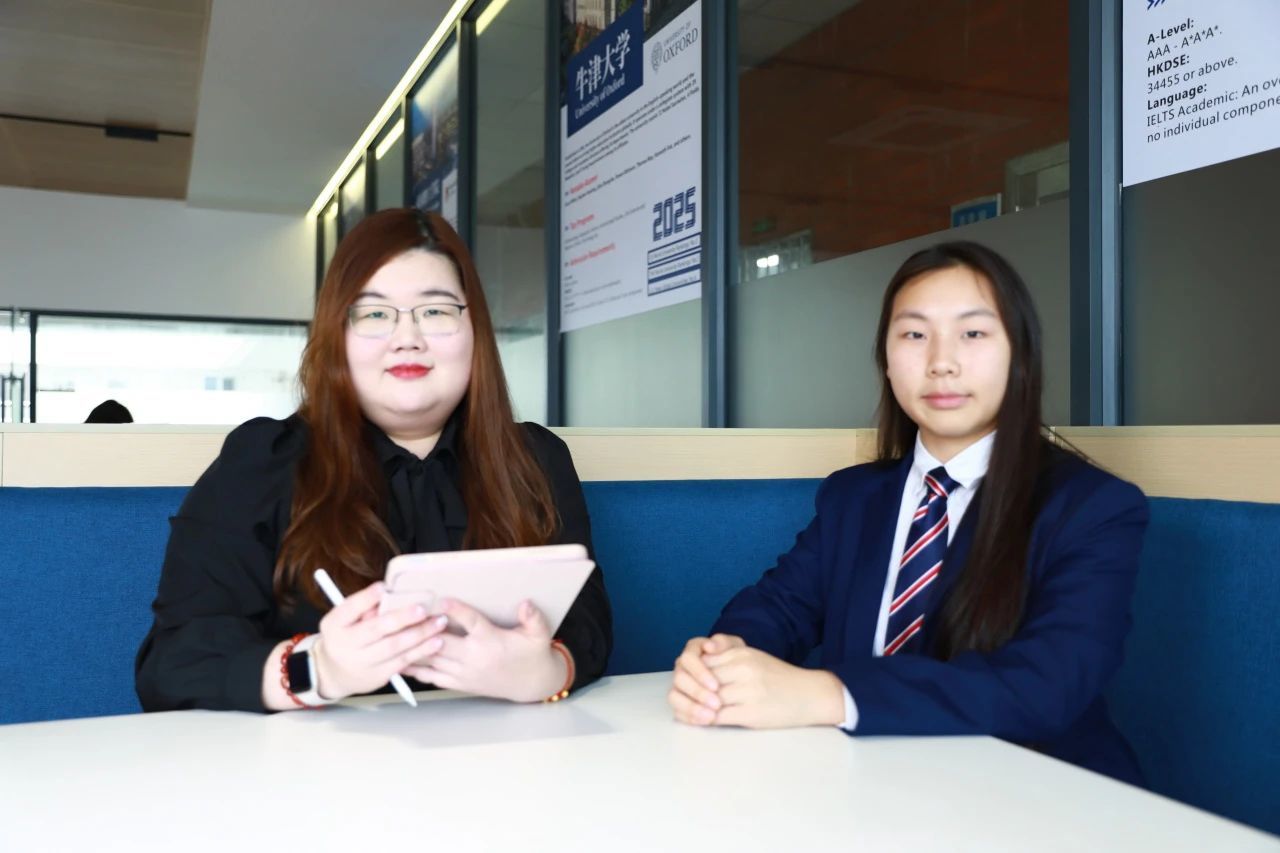
Q: What have you learned from the interview?
A2: In fact, as international students, we were eager to hear professional sharing and English knowledge from an authoritative teacher. Besides, Mandy introduced her expertise in management and also provided us with recommendations regarding major selection. This has further made us realize that choosing a major is indeed a profound area of study. In terms of English, she explained the knowledge about the IELTS to us, covering listening, speaking, reading, and writing. As an IELTS teacher with a score of 7.5 herself, the suggestions Mandy put forward have truly been of great help to us. So, in general, we have learned quite a few tips in learning English and some stories about Mandy herself, which are especially helpful in times of applying season like that.
Q: Kelly from Elon University and Tim both coached you on Question Branching and the structure of great questions; how did this help your preparation?
A3: This experience has been extremely helpful to me, as it has given me a more concrete understanding of how to ask better questions. For example, I have learned to use open questions, closed questions, alternative questions, and questions to guide conversations. These techniques have not only inspired my thinking but also deepened my understanding of questioning, making me more professional. Now, I have a clearer train of thought when asking questions and can more effectively gather the information I need. In addition to questioning techniques, I have also learned from them how to become a professional journalist. Their composure, attention to detail, and meticulousness have deeply inspired me and given me more confidence for future interviews. I believe that these experiences and skills will help me perform even better in my future interviews.
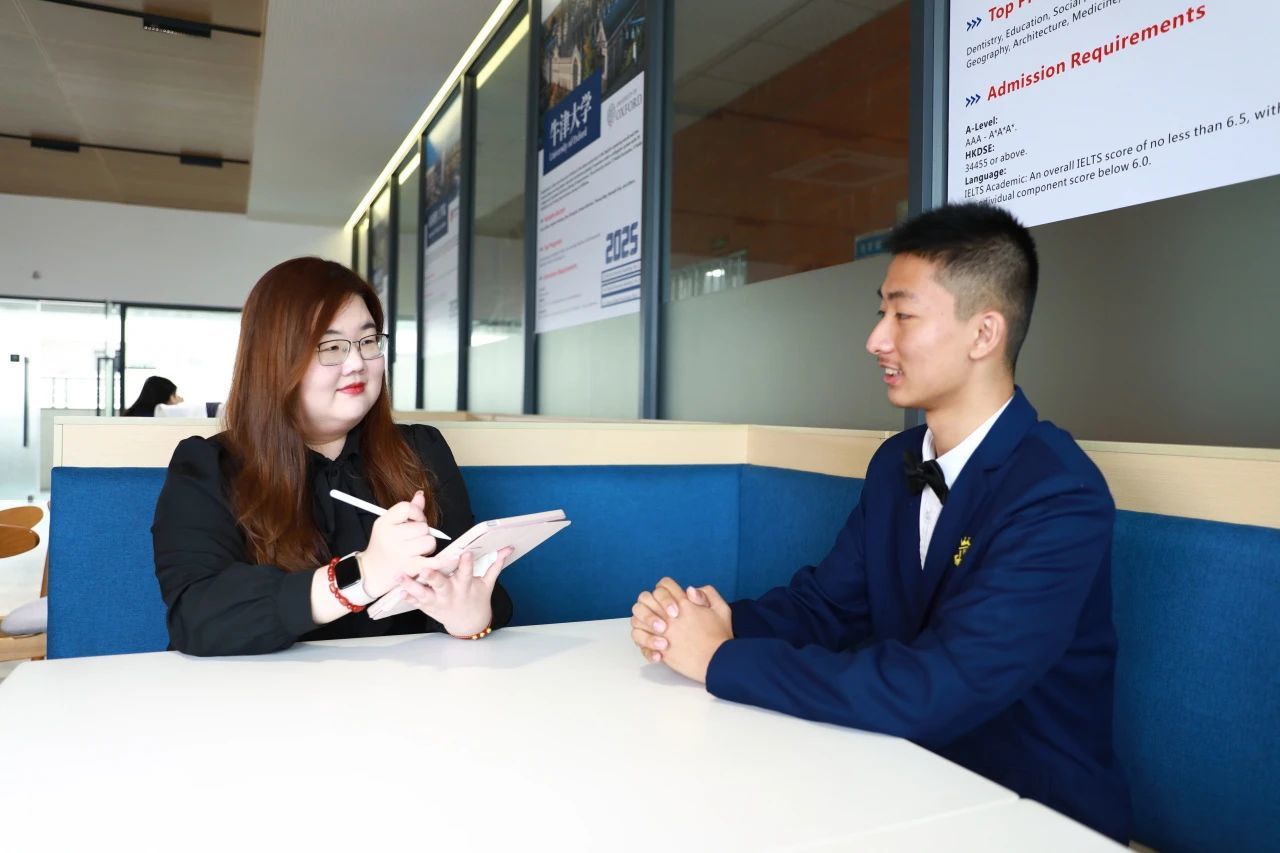
Q: As a student, what was the hardest thing you discovered when you conducted the interview?
A4: The difficulty we encountered was our unfamiliarity with Mandy and our uncertainty about how to initiate a conversation. This led to initial nervousness and reserve, hindering our performance and resulting in less progress than expected. However, as the conversation progressed, we became more comfortable, leading to a rapid and high-quality exchange of questions and answers. Perhaps next time we could engage in some small talk beforehand to better prepare.
Q: What is the biggest mistake you guys made?
A5: As mentioned, our focus on English and professional questions, while allowing for effective question generation, made the interview harder to organize. Because Mandy is a talkative person, we were constantly checking if she had answered our other questions, perhaps to an excessive degree.
Q: Next time, what would you do differently?
A6: This interview highlighted our shortcomings: some repetitive and low-quality questions, and moments of mental blanks. For the next interview, we will create a more comprehensive pre-interview plan, detailing questions, identifying backup and main questions, and fully utilizing Tim's interview techniques.
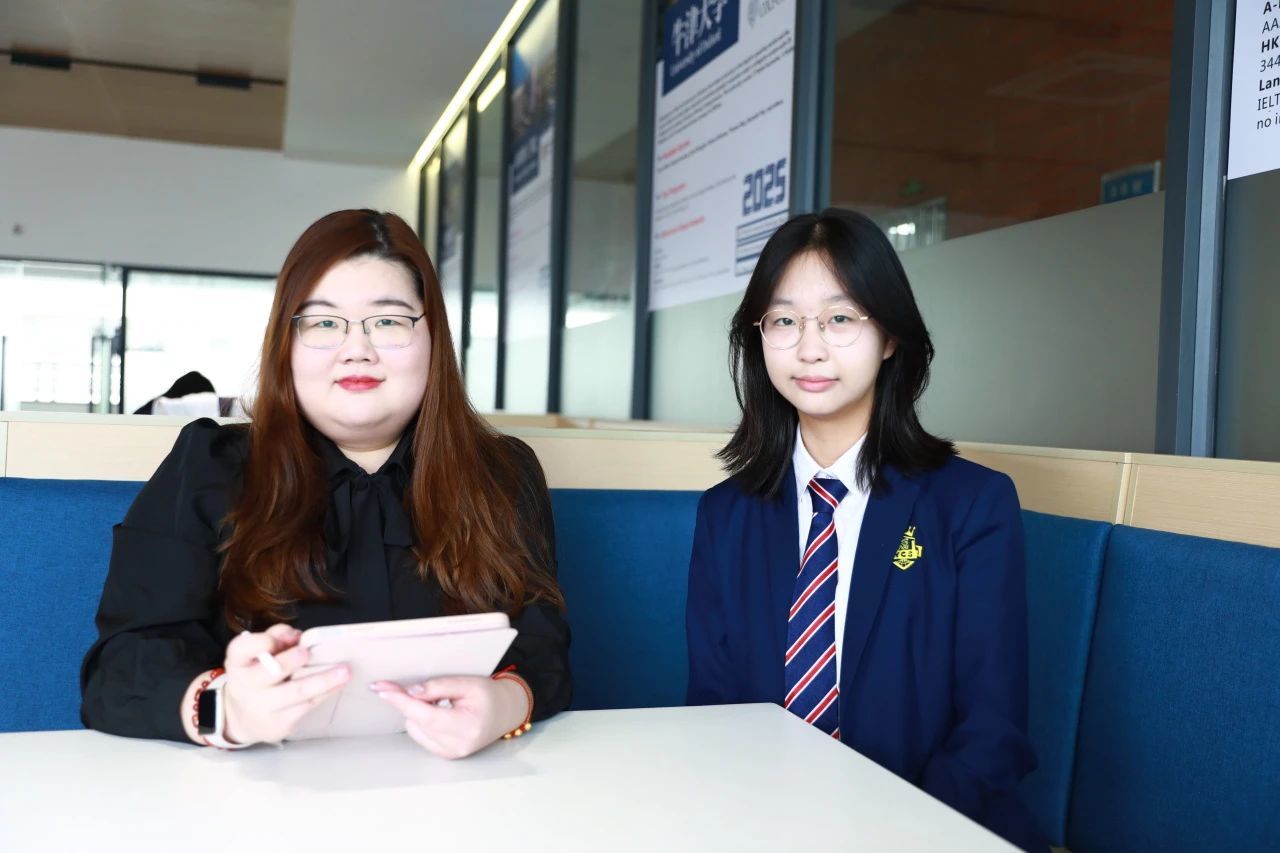
- Question: What were your expectations before interviewing Mandy?
- Answer 1: Initially, we were unsure what to ask, even who Mandy was. However, Tim provided an opportunity to learn about her. We discovered her expertise in IELTS, particularly reading, and her unique experiences in choosing a major, which aligned with our current concerns. This led us to focus our questions in these areas.
- Question: What did you learn from the interview?
- Answer 2: As international students, we valued hearing professional insights and English knowledge from an authoritative teacher. Mandy shared her expertise in management, offering advice on choosing a major, highlighting its complexity. Regarding English, she explained IELTS, covering listening, speaking, reading, and writing. As a 7.5 IELTS scorer, her advice was invaluable. Overall, we gained English skills and insights into Mandy's experiences, particularly helpful during the application season.
- Question: How did guidance from Kelly (Elon University) and Tim help your preparation?
- Answer 3: This experience significantly improved my understanding of asking better questions. I learned about open-ended, closed-ended, selective, and guiding questions. These techniques enhanced my thinking and professionalism. My questioning is now clearer and more effective. Beyond technique, I learned from their professionalism, attention to detail, and rigorous approach, boosting my confidence for future interviews. This experience will improve my future performance.
- Question: As a student, what did you find most difficult during the interview?
- Answer 4: Our unfamiliarity with Mandy and uncertainty about initiating conversation caused initial nervousness and reserve, hindering our performance and progress. However, as we talked, we became more comfortable, leading to a rapid and high-quality exchange. Perhaps small talk beforehand would help next time.
- Question: What was your biggest mistake?
- Answer 5: Our focus on English and professional questions, while effective, made the interview harder to organize. Mandy's talkative nature meant we constantly checked if she'd answered other questions, perhaps excessively. Next time will be different.
- Question: What would you do differently next time?
- Answer 6: We identified repetitive and low-quality questions, and moments of mental blanks. Next time, we'll have a more comprehensive pre-interview plan, detailing questions, identifying backups and main questions, and fully utilizing Tim's interview knowledge.
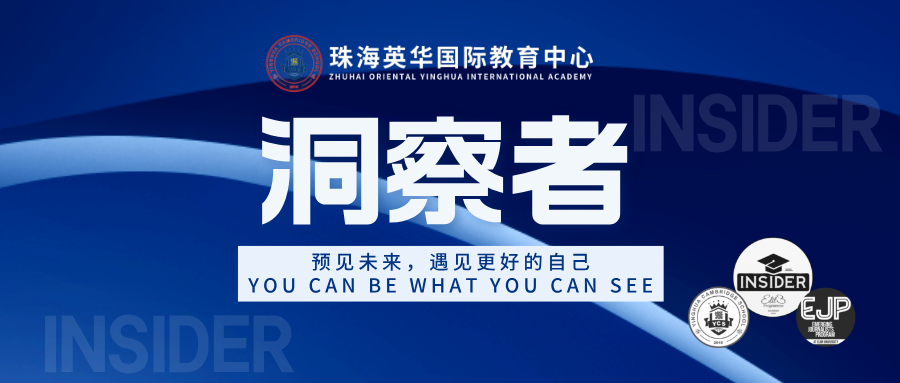
Previous Page:
Next Page:
Relevant Information
8th-edition YCS School Newsletter
Hello, readers! 《The Insider》, as the school's most influential publication, is entirely planned, written, and produced by Yuhua students, from content to finished product. Its aim is to cultivate students' individuality and develop their interests and talents. By exploring unknown fields, it aims to improve students' innovation and learning abilities, combining this with the rich and diverse life of the campus to create an excellent publication. The following content is from the latest issue of the school publication. We are very pleased to present this publication to you, which embodies the wisdom of students and showcases the fusion of diverse cultures. Without further ado, let's begin reading!






